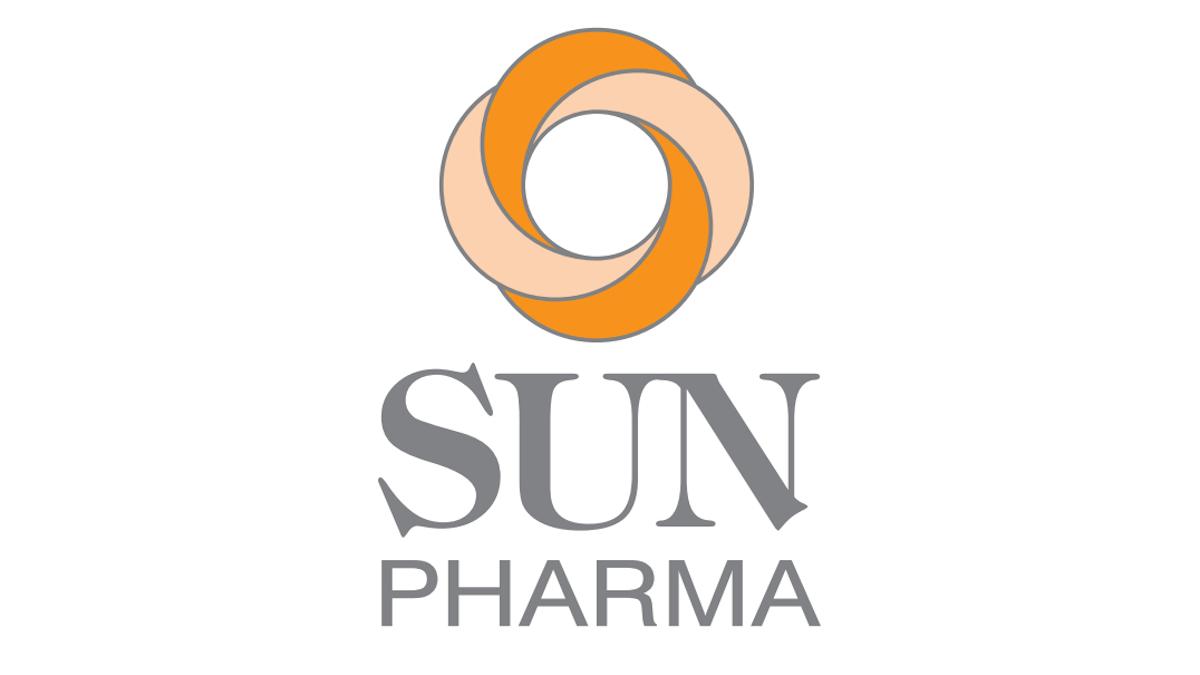EU has its first RoActemra biosimilar, from Fresenius Kabi

Fresenius group CEO Michael Sen
The European Commission has approved the first biosimilar version of Actemra/RoActemra, Roche’s $3 billion blockbuster, from German drugmaker Fresenius Kabi.
The biosimilar of IL-6 inhibitor tocilizumab, called Tyenne (formerly MSB11456), has been approved for the same indications as Roche’s brand, including rheumatoid arthritis, systemic juvenile idiopathic arthritis (sJIA), juvenile idiopathic polyarthritis (pJIA), giant cell arteritis (GCA), CAR-T cell-induced severe or life-threatening cytokine release syndrome and severe COVID-19.
Roche has been selling tocilizumab as RoActemra in Europe since 2009, with the region contributing CHF 802 million out of the product’s global turnover of CHF 2.7 billion ($2.95 billion) last year.
The drug has long been a major earner for the Swiss group but saw sales rocket to almost $4 billion in 2021 at the peak of the COVID-19 crisis before falling back to pre-pandemic levels.
Roche’s primary patents on the drug have already expired in Europe and the US, and the company recently said it expected the first biosimilars to reach the market in both territories in the latter half of this year.
In the US, Roche’s Genentech subsidiary filed a legal challenge in July against Biogen, seeking to block the entry of its BIIB800 biosimilar tocilizumab into the market and alleging infringement of various patents covering processes, methods of treatment, antibody subtypes, and compositions.
Genentech and Fresenius Kabi entered into a settlement agreement in October last year relating to the German company’s tocilizumab biosimilar, which was filed for approval the prior August, a few months ahead of BIIB800 which has also been submitted for approval in the EU.
At the moment, Fresenius Kabi and Biogen seem to be well ahead of their rivals in the category, which include Celltrion and Gedeon Richter.
The German drugmaker said the Tyenne approval – its third for a biosimilar after Idacio (adalimumab) and Stimufend (pegfilgrastim) – is a key component of its Vision 2026 strategy aimed at adding €1 billion in revenue every three years.
The company said at its Capital Markets Day earlier this year that it will have a competitive offering of both intravenous and subcutaneous formulations of tocilizumab and is targeting the number one position for biosimilars of the drug in the US.
It currently has more than 10 biosimilars in the pipeline, including versions of rituximab, ustekinumab and denosumab, with others acquired as part of its deal to buy a majority stake in mAbxience last year for €495 million.













